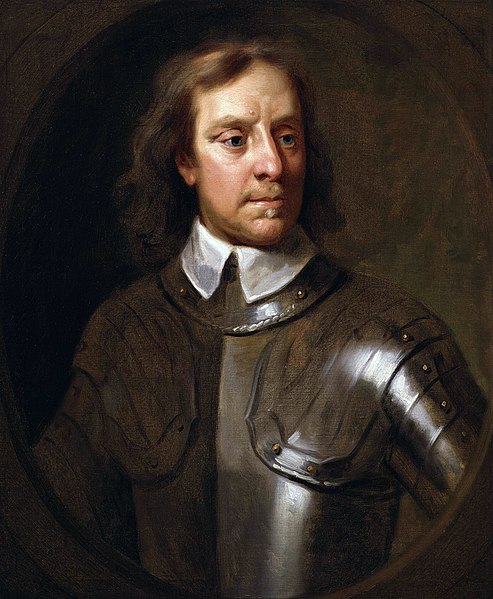Classical republicanism, also known as civic republicanism or civic humanism, is a form of republicanism developed in the Renaissance inspired by the governmental forms and writings of classical antiquity, especially such classical writers as Aristotle, Polybius, and Cicero. Classical republicanism is built around concepts such as liberty as non-domination, self-government, rule of law, property-based personality, anti-corruption, abolition of monarchy, civics, civil society, common good, civic virtue, popular sovereignty, patriotism and mixed government.
Sculpture of Aristotle
Sculpture of Cicero
Portrait of Niccolò Machiavelli
Portrait of Oliver Cromwell
Republicanism is a western political ideology that encompasses a range of ideas from civic virtue, political participation, harms of corruption, positives of mixed constitution, rule of law, and others. Historically, it emphasizes the idea of self-governance and ranges from the rule of a representative minority or aristocracy to popular sovereignty. It has had different definitions and interpretations which vary significantly based on historical context and methodological approach.
Sculpture of Aristotle
Sculpture of Cicero
Portrait of Niccolò Machiavelli
Portrait of Oliver Cromwell




